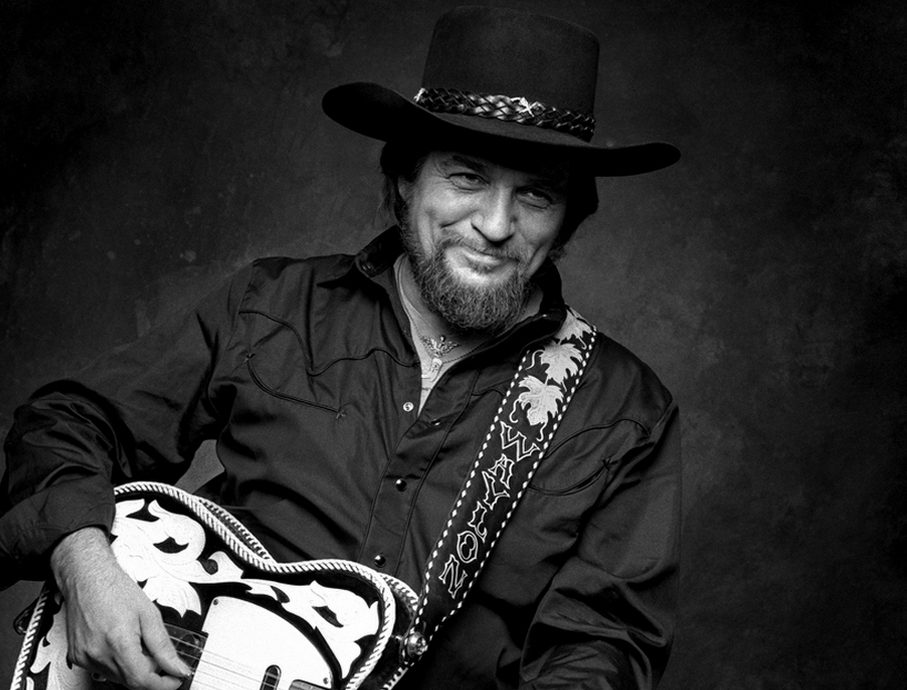
About the Song
In 1991, on his album Songs of the Civil War, Waylon Jennings delivered the evocative track “An Old Unreconstructed”, marking a departure from his outlaw-country swagger into the realm of historical narrative and introspection.
Here, Jennings assumes the voice of a veteran whose loyalties lie in a past era—a “reconstructed” age, or more fittingly, one unreconstructed. The song summons images of ragged regiments, memories of battle lines, and the long shadow cast by conflict. In his weathered baritone, Jennings offers a statement not of triumph, but of remembrance—of roads traveled, causes held, and the enduring burden of identity.
Musically, the instrumentation is sparse, allowing Jennings’ voice and the weight of the lyric to dominate. The mood is somber yet steadfast—rather than a lament, it feels like an honest bearing of witness. It’s a nod to tradition, both personal and cultural, and a recognition that some histories don’t neatly resolve.
For longtime listeners acquainted with Jennings’ journey—from his early rockabilly days, through Nashville’s expectations, to his outlaw reinvention—this song resonates as a deeper layer. It’s less about rebellion and more about reflection: the rebel looking back, not to celebrate, but to understand. As one commentary observed, the track “conveys well the spirit that allowed the ragged warriors … to maintain their struggle against the odds.”
In the context of his later years, “An Old Unreconstructed” becomes a meaningful piece of the Jennings mosaic: a man who had seen the glamour, endured the excesses, and returned to a place of introspection and legacy. If you listen closely, you hear not just the country star, but the witness—to history, to memory, to the shape of time on a life lived on the road.